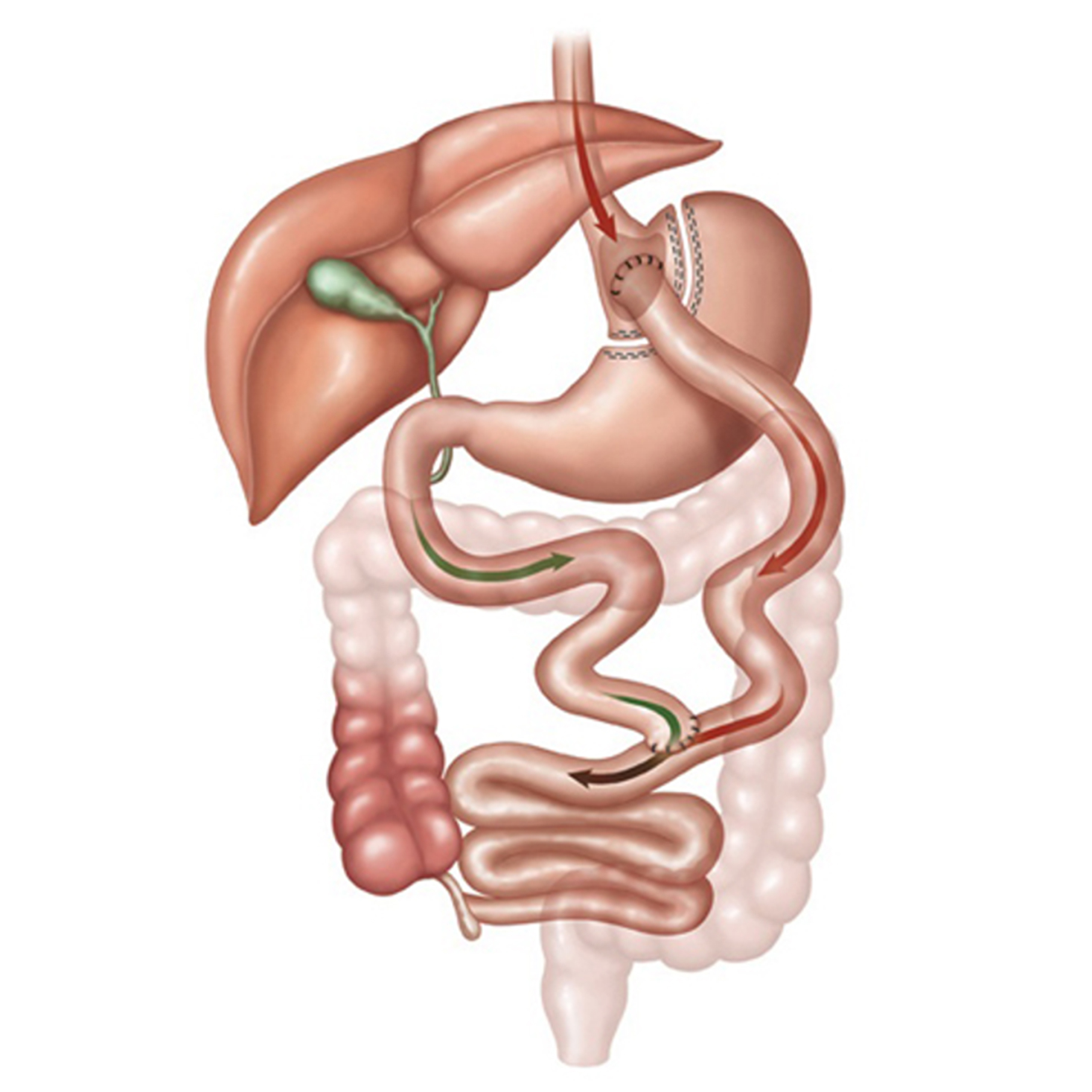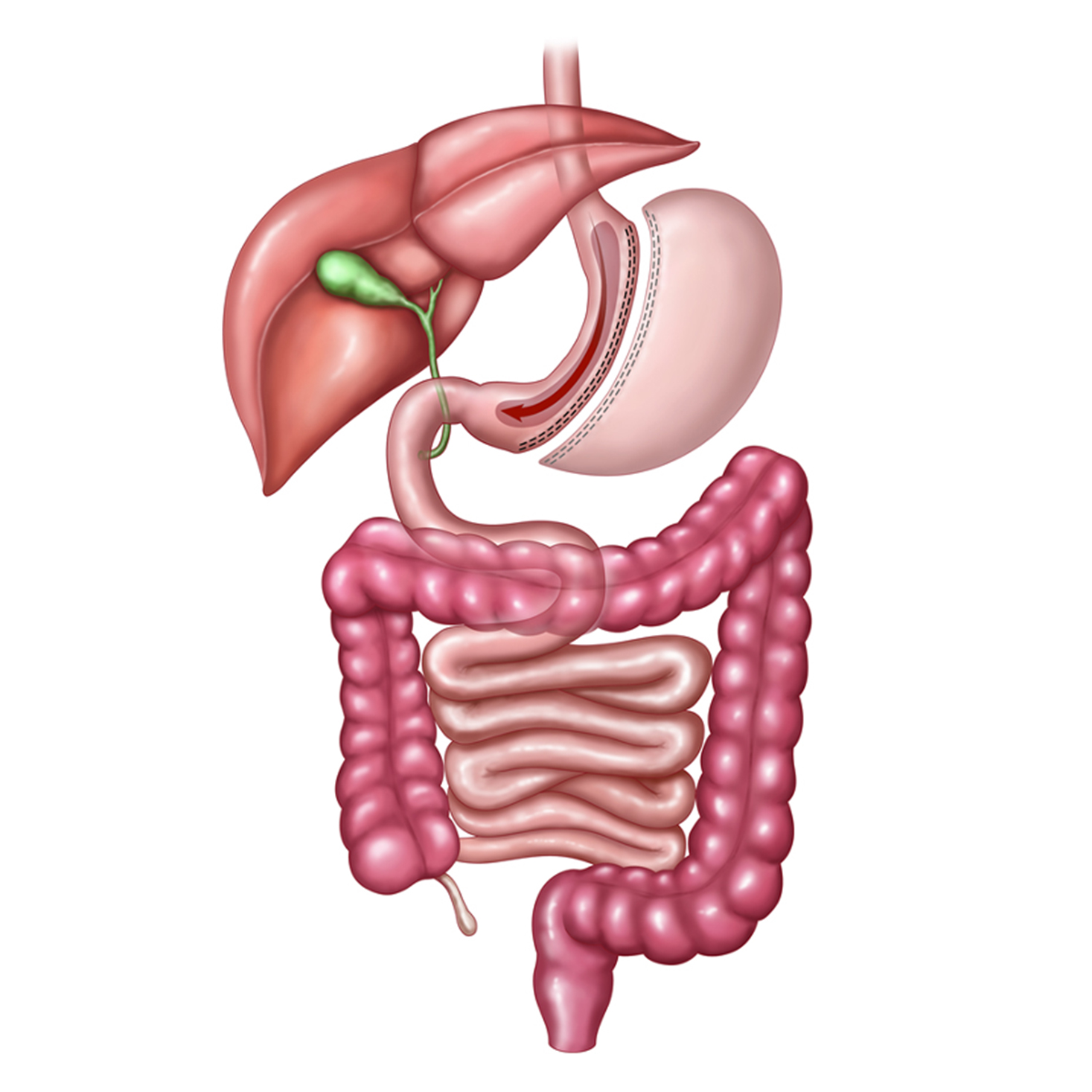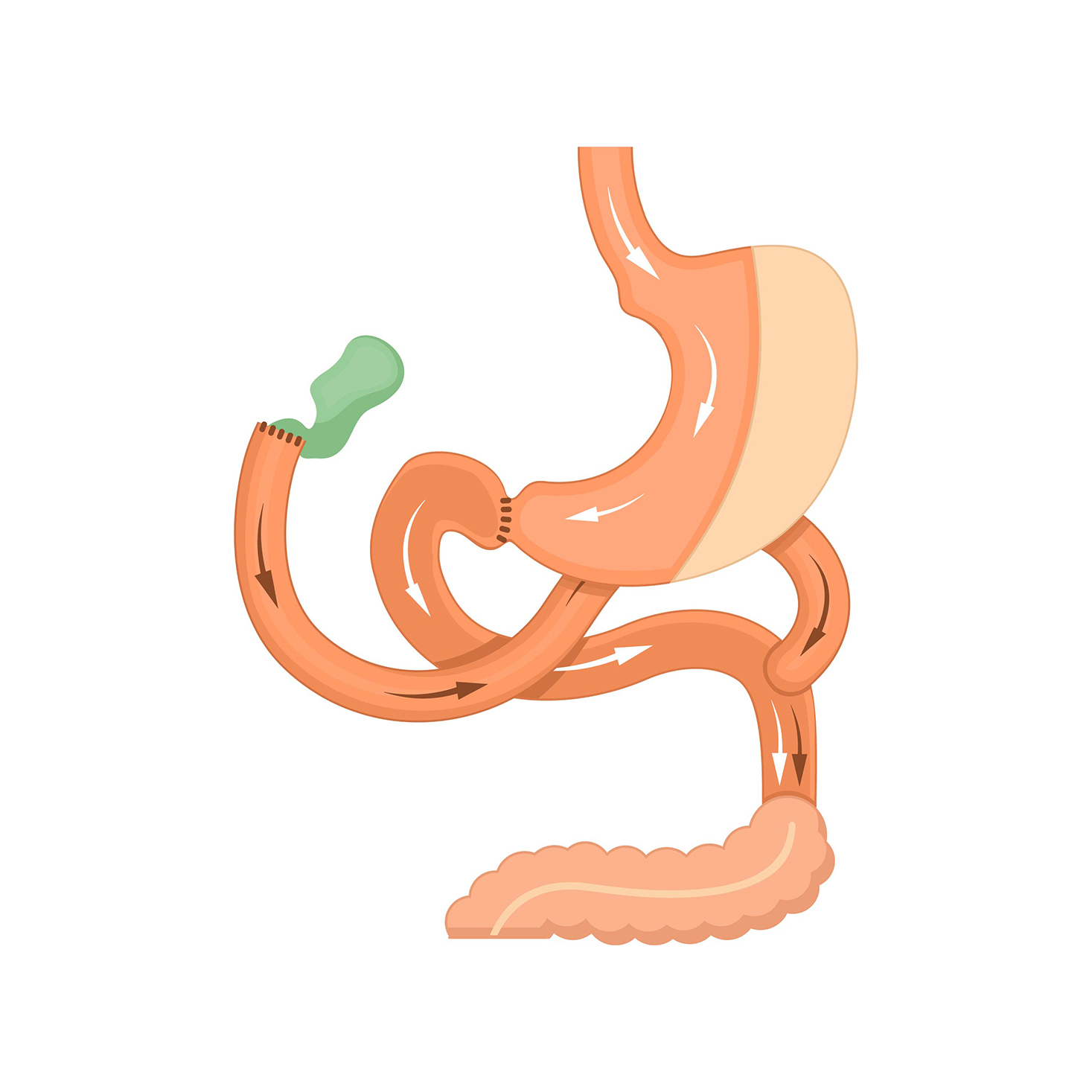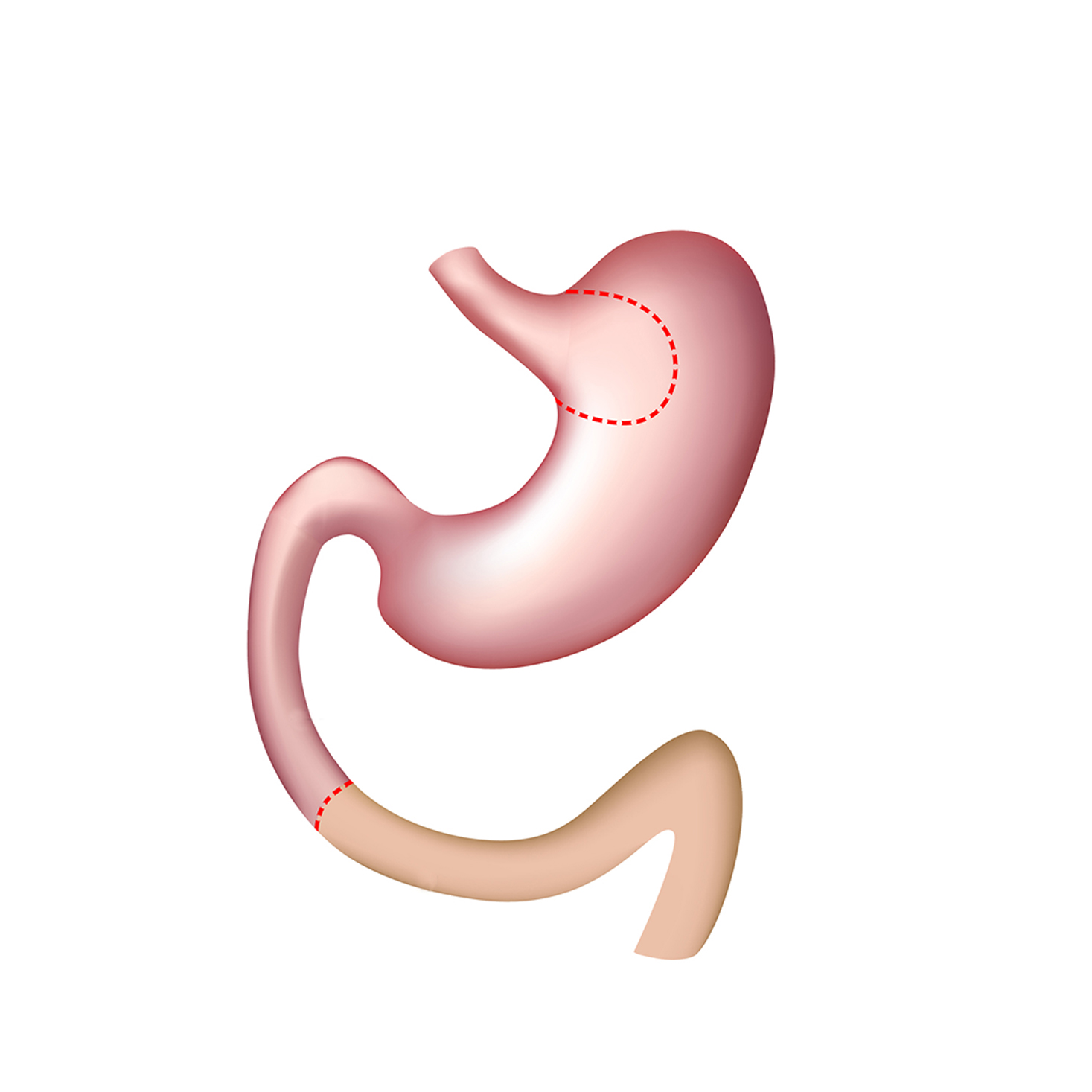Because some patients will not respond well to certain interventions or may have recurrent disease in the long term, support is growing for the application of additional surgical, endoscopic or medical intervention adjuvant treatment for the disease. Similar to the approach to recurrent cancer and many other chronic diseases, the cause of recurring obesity after surgery should not be laid solely at the feet of the patient as a “failure,” but should be viewed by the medical community as signaling the need for additional therapy. Modifiable risk factors must be addressed for every chronic disease, but the biologic and physiologic components are equally important. Many of these secondary interventions may augment or improve the metabolic effects of the primary procedure.
Tulane Weight Loss Center can help. Our doctors are fellowship-trained and nationally recognized for their bariatric expertise. Our approach is tailored to each patient to ensure long-term success, and we take pride in offering support for life, and a multitude of useful resources.
At Tulane, we welcome revisional surgery patients from elsewhere who want a tailored approach that will keep them healthy for life. If you want to meet with a board-certified, fellowship-trained Tulane physician expert in weight loss surgery to discuss additional therapies, click here or call 504-988-BARI (2274).
We offer revisions for adjustable gastric band, Roux-en-Y gastric bypass, sleeve gastrectomy, gastric balloon, biliopancreatic diversion with duodenal switch, and other surgical revisions to ensure outcomes that endure and longer, healthier lives for our patients.
Roux-en-Y Gastric Bypass

- Limits amount of food that can be eaten AND prevents some of it from being absorbed
- Operating time is about 2 hours
- Usually an overnight stay in hospital
- Average weight loss is 60-70% of excess body weight (EBW)
Sleeve Gastrectomy

- About 85% of stomach is removed
- Stomach holds less food, so you feel full
- Operating time is 1 to 2 hours
- Usually overnight stay in hospital
- Average weight loss is 50-60% of excess body weight (EBW)
Biliopancreatic Diversion with Duodenal Switch

- Greater weight loss than Roux-en-Y gastric bypass (RYGB), laparoscopic sleeve gastrectomy (LSG), or adjustable gastric band (AGB); 60–70% excess weight loss or greater, at 5-year follow up.
- Reduces the absorption of fat by 70% or more.
- Causes favorable changes in gut hormones to reduce appetite and improve satiety.
- Is the most effective against diabetes
Surgical Revisons

- May be a surgical reversal or conversion to another weight loss procedure
